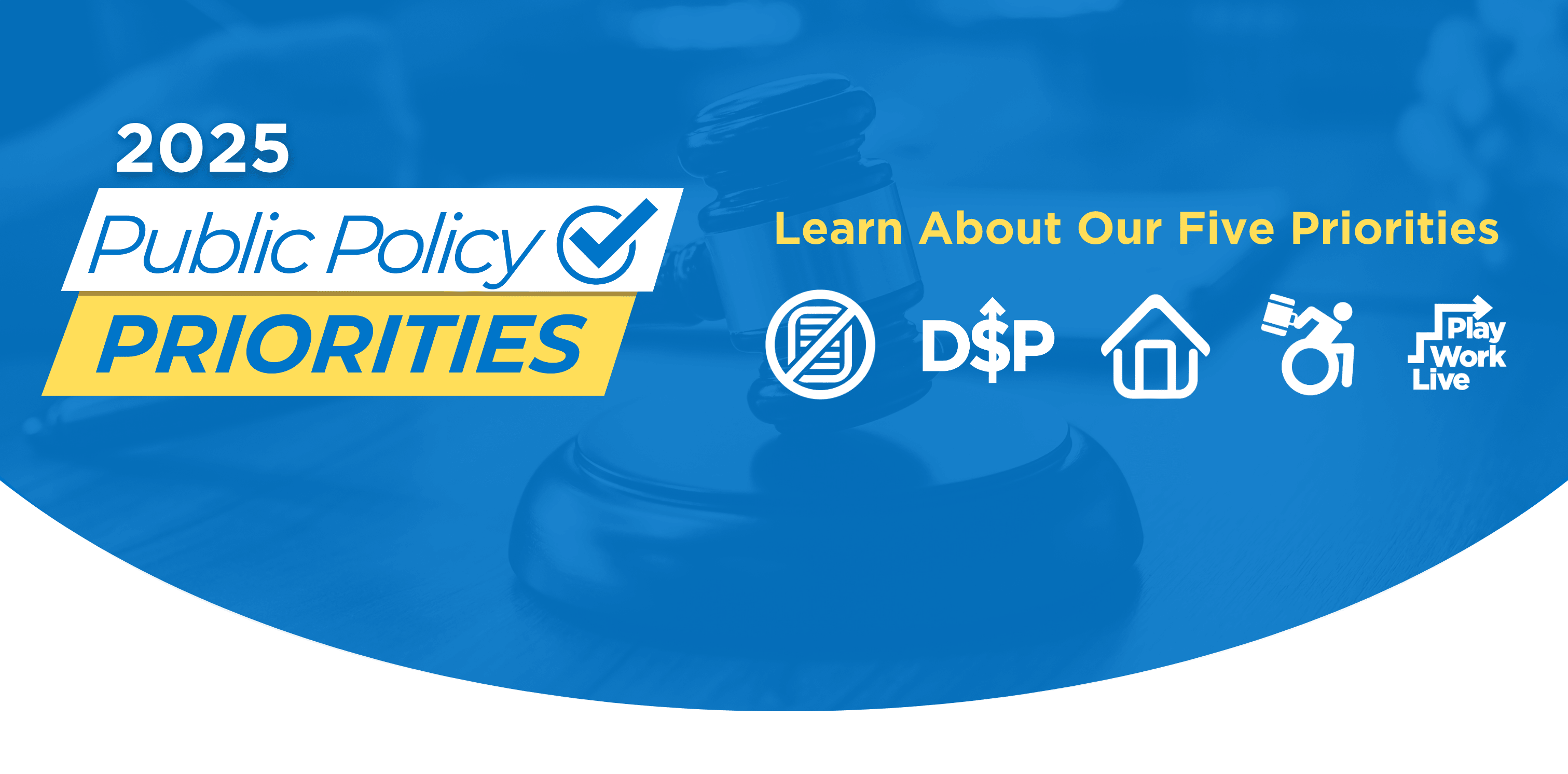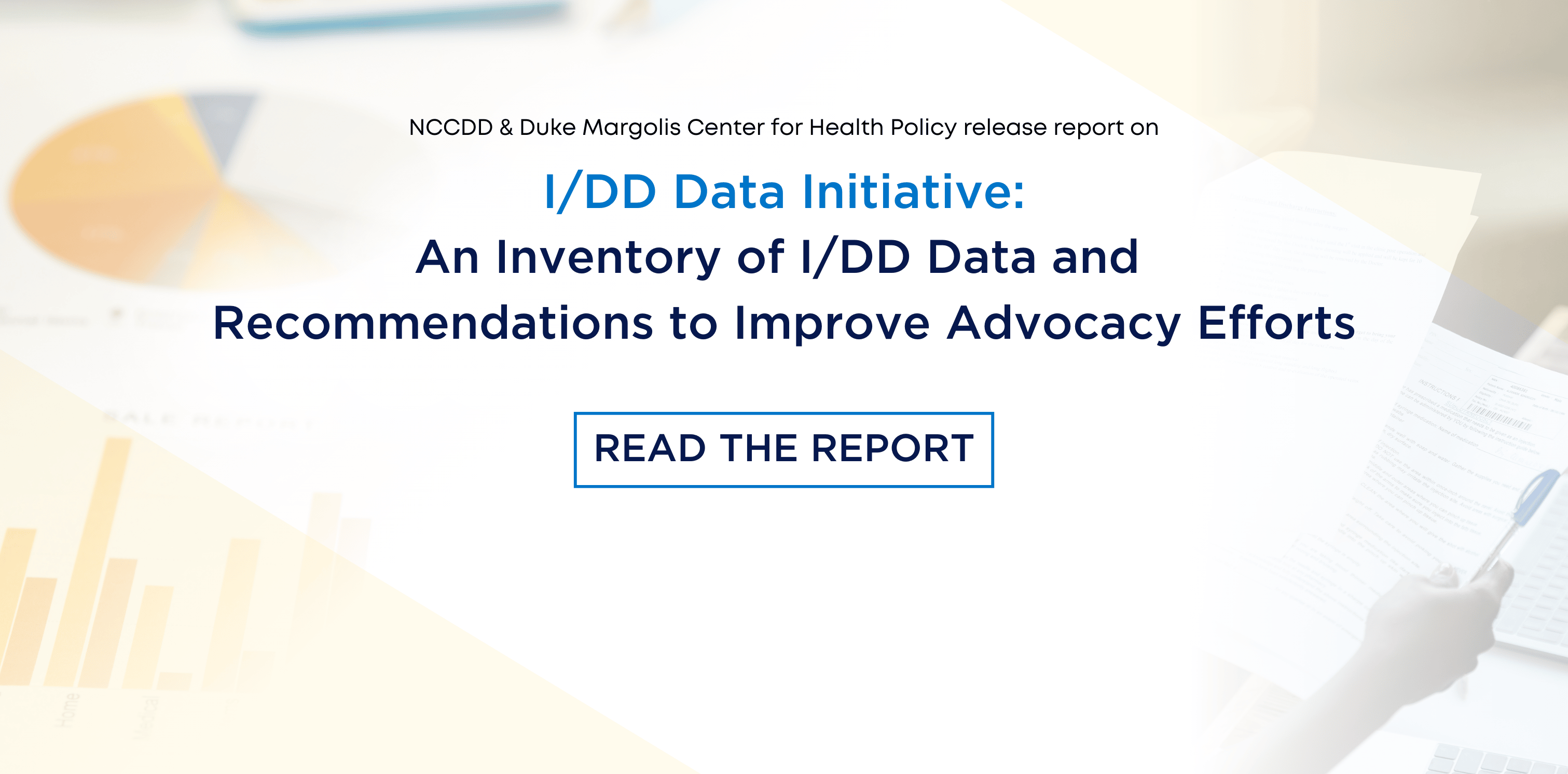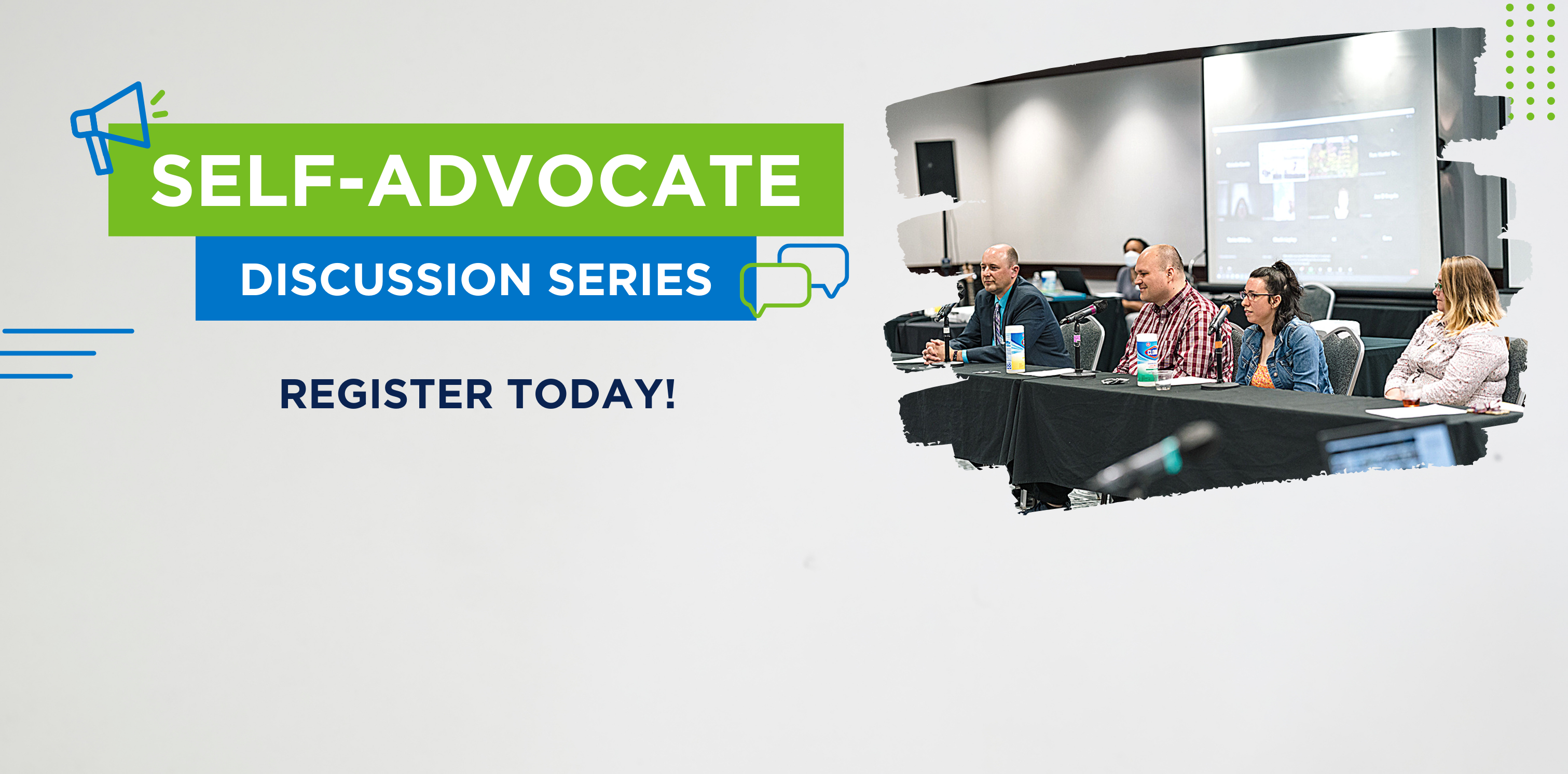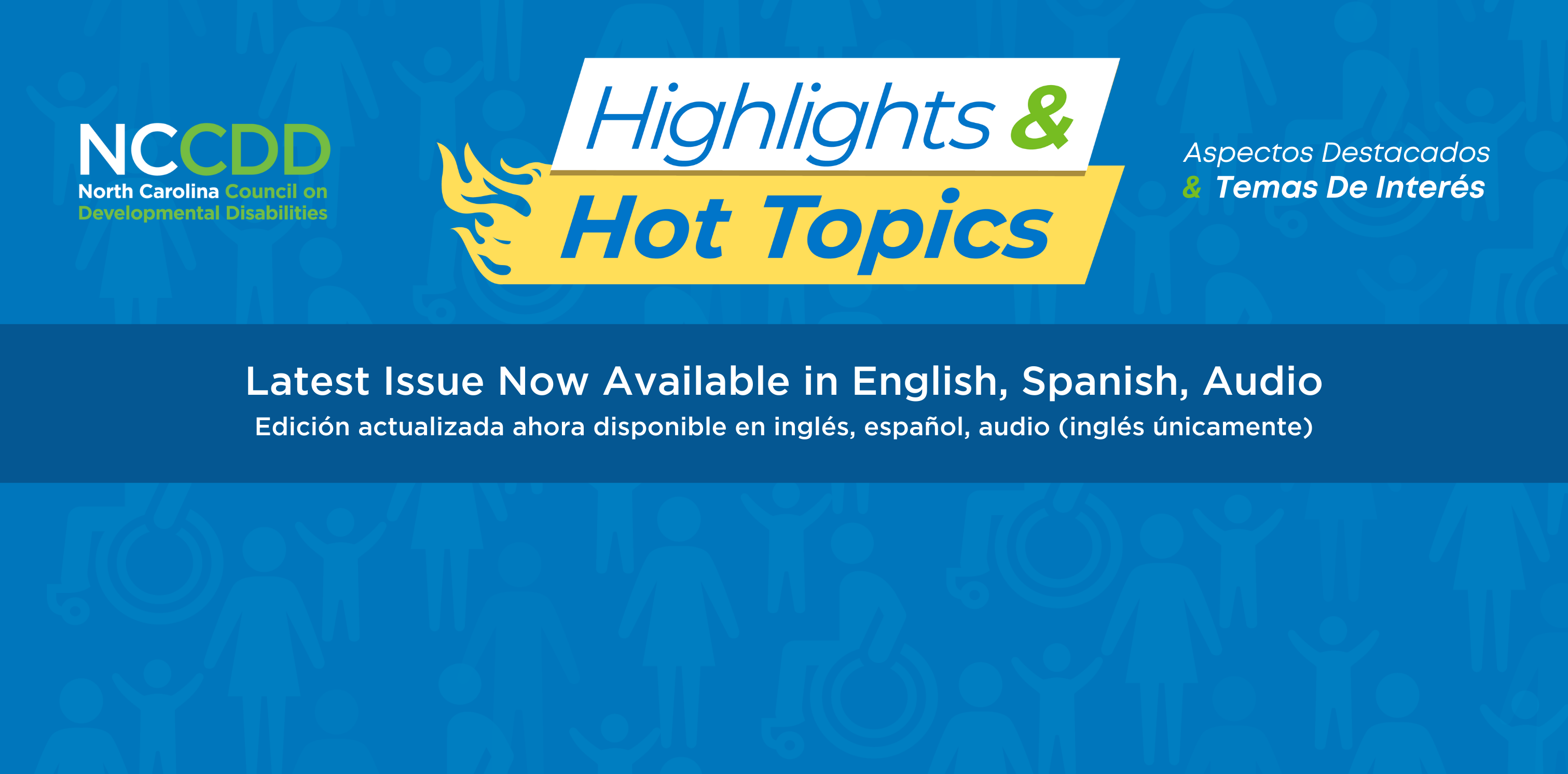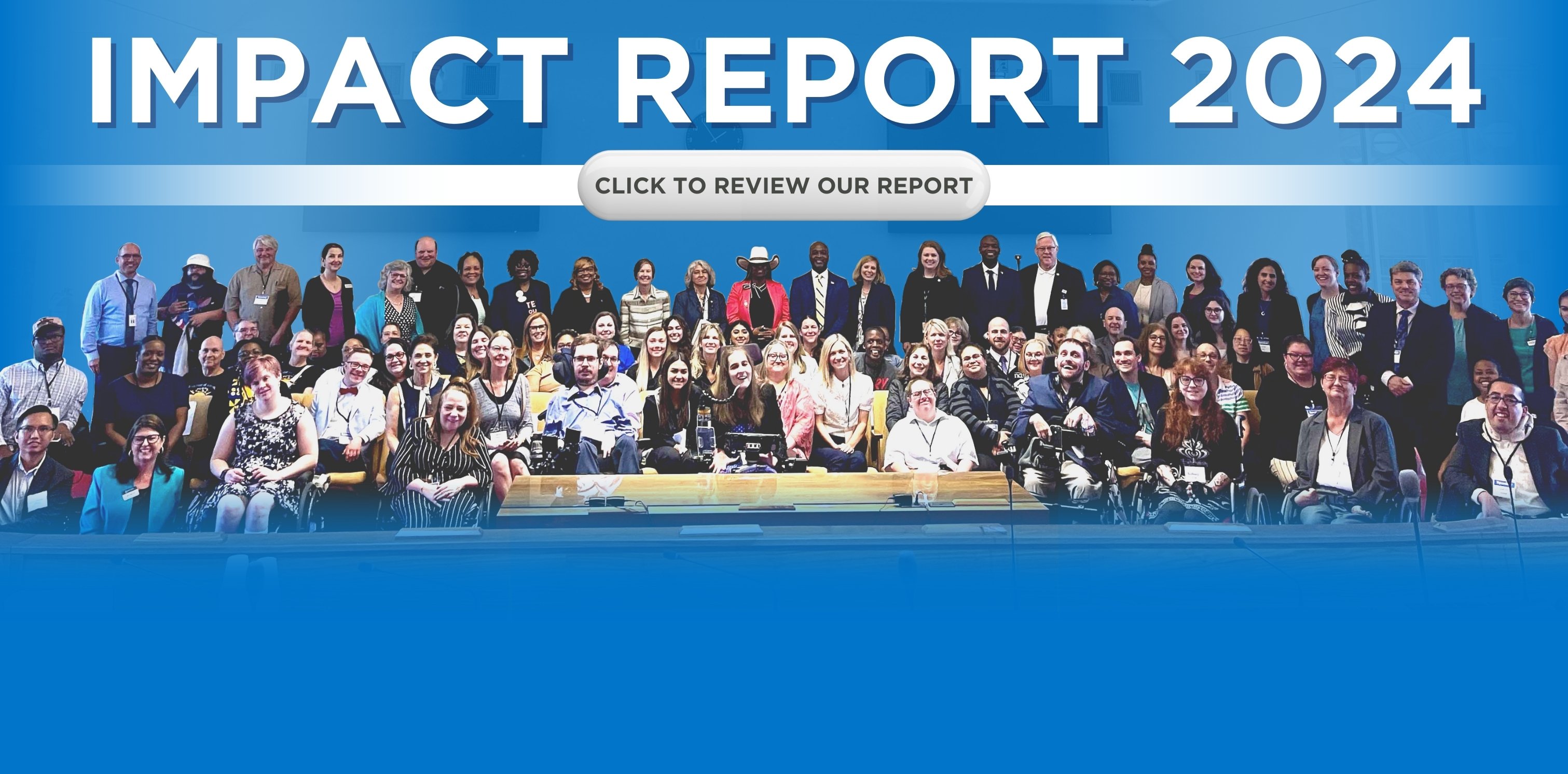Mission Possible: Advancing Whole Person Care by Employing People with I/DD & Family Members as Care Extenders
Why is NCCDD funding this initiative?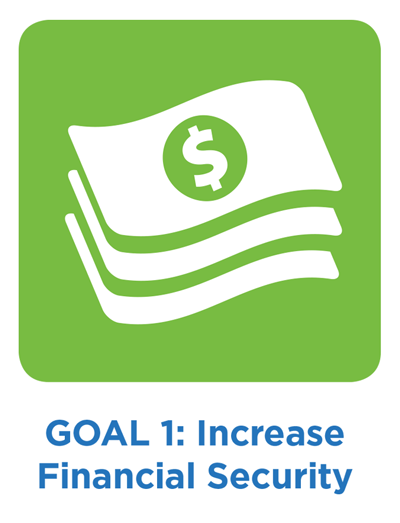
- On April 19, 2022, The North Carolina Department of Health and Human Services’ (DHHS) published a document outlining a new service definition: Care Extenders. DHHS’ vision is that extenders will help Advanced Medical Home Plus (AMH+) practices, Care Management Agencies (CMAs), and Tailored Plans best meet the needs of members, build efficient care teams by creating additional workforce capacity, and allow care managers and supervisors to focus on key tasks for assigned members as well as permit them additional time for members with intensive or complex needs. Extender qualifications included:
- Being a person with lived experience with an I/DD or a TBI with demonstrated knowledge of and direct personal experience navigating the North Carolina Medicaid delivery system or
- A parent or guardian of an individual with an I/DD or a TBI or a behavioral health condition and has at least two years of direct experience providing care for and navigating the Medicaid delivery system on behalf of that individual (parent/guardian cannot serve as an extender for their family member).
- This new service definition, and the formal incorporation of people with lived experience and their family members into a paid service, present a unique opportunity to advance the idea of Family Navigation and Peer Support Services for people with I/DD in North Carolina.
- This new service definition, and the formal incorporation of people with lived experience and family members into a paid service, present a unique opportunity to advance the idea of Family Navigation and Peer Support Services for people with I/DD in North Carolina. Care Extenders utilizing individuals with I/DD or family members are both examples of peer support.
- What is Peer and Family Support?
- Peer and family support is a range of activities and interactions between people who share similar experiences.
- Peer and family support offers a level of acceptance, understanding, and validation not found in many other professional relationships.
- By sharing their own lived experience and practical guidance, family and peer support workers help people develop their own goals, create strategies for self‐empowerment, and take concrete steps towards building fulfilling, self‐determined lives.
- The use of family members and people with I/DD to provide care extender services is a type of peer support
- This is a critical time to ensure these services for the I/DD community are part of Medicaid Transformation, the 1915(i) state plan amendment, and the implementation of the Olmstead Plan. Family Navigation and Peer Support services can help reduce barriers to care, connect people to appropriate resources and supports in a timely manner, and empower people to make informed decisions. Families and peers are an untapped resource that can address growing workforce shortages.
What are the major goals and objectives?
- While the proposal of a service definition for Care Extenders creates a pivotal opportunity to advance the idea of paid, professional family and peer support in the I/DD service system, it has come at a precarious time. DHHS and the I/DD service delivery system are undergoing a seismic shift, with plans to transition from the current LME-MCO model to the NC Medicaid Managed Care Behavioral Health and Intellectual/Developmental Disabilities Tailored Plan on Dec. 1, 2022. Providers and other stakeholders are currently under a lot of stress as they work to prepare for the transition.
- To help ensure the successful deployment of the Care Extender role, it is necessary to determine what challenges and obstacles providers, policymakers, families and individuals may face so an array of solutions can be proposed that build on our state’s assets and meet statewide needs.
- To support the use of Care Extenders for the I/DD population in NC, Community Bridges Consulting Group identified the challenges of adopting the Care Extender service definitions. After identifying the challenges, organizations and stakeholders can work collectively to address them to ensure that Care Extenders are used adequately for the I/DD population.
What activities will this initiative set out to do and what has taken place since the start of the program?
- To support the use of Care Extenders for the I/DD population in NC, Community Bridges Consulting Group
identified the challenges of adopting the Care Extender service definitions. After identifying the challenges,
organizations and stakeholders can work collectively to address them to ensure that Care Extenders are used
adequately for the I/DD population.
- To enable this, they did the following:
- Developed a methodology for and performing an environmental scan; and,
- Developed a White Paper summarizing findings and providing strategic recommendations to bolster the usage of
- Care Extenders for the I/DD population.
- To successfully implement this, Community Bridges completed the following tasks:
- Hired a family member and a self-advocate to serve on the core project team.
- Identified key sectors and stakeholders impacted by care management and integrated care.
- Developed an interview guide.
- Conducted interviews.
- Reviewed information with the project Advisory Committee.
- Analyzed themes within sectors and across groups.
- Identified current use of family navigation and support and peer support within NC.
- Identified potential needs for training for Care Extenders.
- Compiled best practice information from other states.
- Identified potential sources of recruitment for family navigation and peer support.
- Identified how care management extenders align with NCCDD projects and NCDHHS initiatives, including the
focus on health equity.
What are the achievements and outcomes to date?
- Delivered draft of film to national news leader.
- Posted still images from film to national publication clearinghouse.
- Participated screening of film with advisory committee and additional invited guests.
- Added technology that will allow NCCDD to capture demographic data from those who review the film and respond to survey request.
- Winner of Los Angeles International Film Festival Outstanding Achievement Award for Documentary Short.
- Translated full dialogue into Spanish with captions and vocal recording overlay in Spanish.
What are the expected systems change results?
- Following the interviews and research, CBCG staff compiled the information and data collected into a comprehensive report of findings. The report includes key takeaways from participant communication, notable areas of concern or focus, and opportunities for collaboration. The report includes:
- Strategic recommendations for short term, midterm and long-term implementation of family navigation and peer support in the proposed Care Extender definition with a focus on scalability and sustainability.
- Identification of policies that support and limit family navigation and peer support in the Care Extender definition.
- Identification of changes in practices that promote statewide adoption of family and peers as care extenders.
- Real-life vignettes that illustrate the role of family navigation and peer support can have in achieving valued outcomes and how they align with valued-based care and reimbursement.
How can I get involved?
Email [email protected] for more information on becoming involved in one or more of the above elements.
Who can I contact for questions?
Email [email protected] for questions.
Additional Resources
Download a PDF version of this initiative: Care Extender White Paper: I/DD & Family Members as Care Extenders
Recent Posts
March 2025 Highlights and Hot Topics
Message from the Executive Director Public Policy Update (as of…
Upcoming Events
1
May
2025 Injury-Free NC Academy on Harm Reduction as Transformative Practice
Thursday, May 1, 2025 –
-
Friday, May 2, 2025 –
6
May
2025 Injury-Free NC Academy on Harm Reduction as Transformative Practice
Tuesday, May 6, 2025 –
-
Wednesday, May 7, 2025 –
North Carolina Council on Developmental Disabilities
This project was supported, in part by grant number 2001NCSCDD-02, from the U.S. Administration for Community Living, Department of Health and Human Services, Washington, D.C. 20201. Grantees undertaking projects with government sponsorship are encouraged to express freely their findings and conclusions. Points of view or opinions do not, therefore, necessarily represent official ACL policy.
